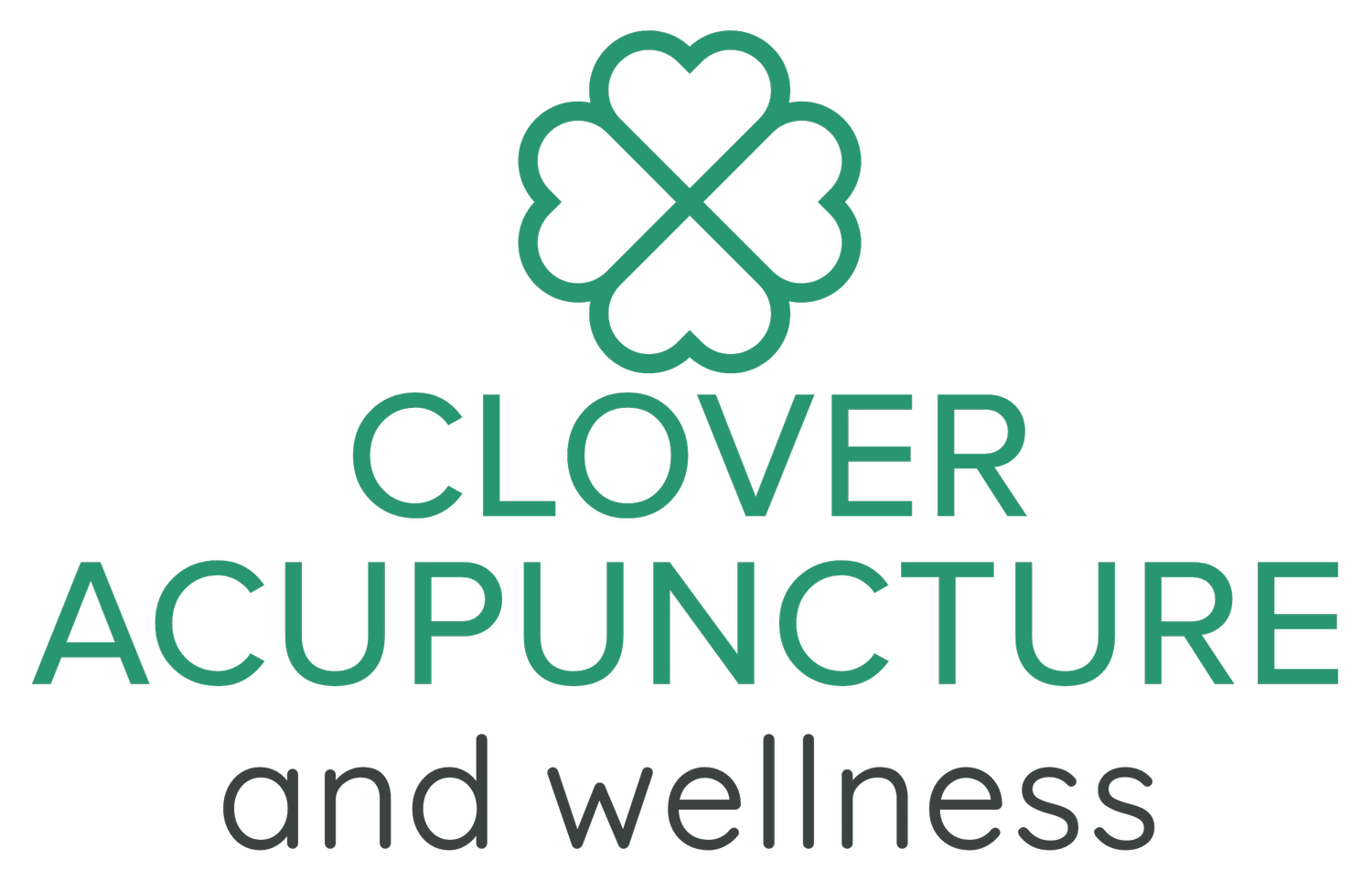5 Ways Acupuncture Improves Digestive Problems
Digestive complaints, can significantly impact one's quality of life, causing discomfort and disrupting daily activities. While conventional medicine offers pharmaceutical treatments, they are not without side effects.
Research has shown that acupuncture can help alleviate symptoms associated with many digestive conditions such as irritable bowel syndrome (IBS), indigestion, Crohn's, Ulcerative Colitis, acid reflux, and Small Intestinal Bacterial Overgrowth (SIBO).
The stimulation of specific acupuncture points enhances the function of the digestive organs, regulate gut motility, and reduce inflammation.
Here are five ways acupuncture can help alleviate digestive problems:
Regulating Digestive Function: Acupuncture influences the autonomic nervous system, which plays a crucial role in regulating digestive processes. By targeting specific acupuncture points, practitioners aim to balance the sympathetic and parasympathetic nervous systems, promoting optimal functioning of the digestive organs. This regulation can help ease symptoms such as bloating, indigestion, and irregular bowel movements.
Reducing Inflammation: Chronic inflammation in the gastrointestinal tract is often associated with digestive disorders such as irritable bowel syndrome (IBS) and various inflammatory bowel diseases (IBD). Acupuncture helps to reduce inflammation by promoting the release of anti-inflammatory substances in the body brought on by increased circulation.
Alleviating Stress and Anxiety: Stress and anxiety can have a significant impact on digestive health, exacerbating conditions like acid reflux, gastritis, and irritable bowel syndrome. Acupuncture has been shown to modulate the release of stress hormones, such as cortisol, and induce a state of relaxation. By addressing the emotional components of digestive issues, acupuncture may contribute to a more harmonious balance in the digestive system.
Improving Nutrient Absorption: In some cases, digestive problems may arise from poor nutrient absorption in the gastrointestinal tract. Acupuncture aims to enhance blood flow to the digestive organs, optimizing nutrient absorption and promoting overall gut health. Improved circulation can contribute to better nutrient assimilation and may be particularly beneficial for those with nutrient deficiencies related to digestive issues.
Enhancing Gut Motility: Healthy gut motility is crucial for the efficient movement of food through the digestive tract. Acupuncture stimulates the release of neurotransmitters and hormones that regulate gut motility, helping to alleviate issues such as constipation or diarrhea. By promoting a balanced and coordinated movement in the digestive system, acupuncture can contribute to a smoother and more regular bowel function.
Herbal medicine is another integral component of Traditional Chinese Medicine (TCM) and is often used in conjunction with acupuncture to address underlying imbalances contributing to digestive disorders. Herbal formulas may include a combination of herbs with antimicrobial, anti-inflammatory, and digestive-regulating properties. Whether used alone or in conjunction with conventional therapies, TCM offers a holistic approach to promoting digestive health and overall well-being. Contact Clover Acupuncture to schedule a comprehensive and personalized treatment for your digestive complaints.
#IrritableBowelSyndrome #IBS #GastroesophagealRefluxDisease #GERD #InflammatoryBowelDisease #IBD #Crohn'sDisease #UlcerativeColitis #SmallIntestinalBacterialOvergrowth #SIBO #AcupunctureForIrritableBowelSyndrome #AcupunctureForIBS #AcupunctureForGastroesophagealRefluxDisease #AcupunctureForGERD #AcupunctureForInflammatoryBowelDisease #AcupunctureForIBD #AcupunctureForCrohn'sDisease #AcupunctureForUlcerativeColitis #AcupunctureForSmallIntestinalBacterialOvergrowth #AcupunctureForSIBO

